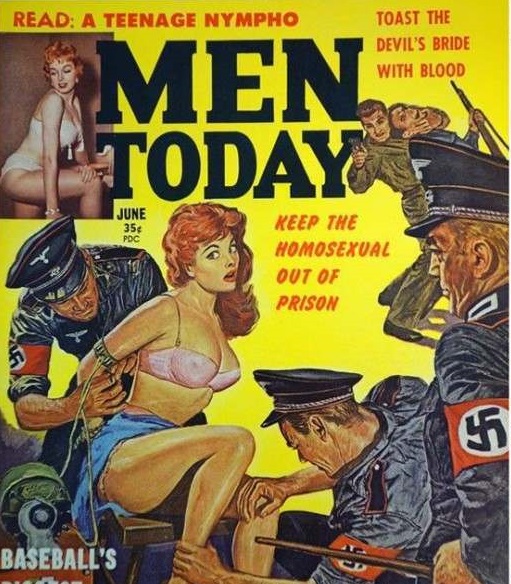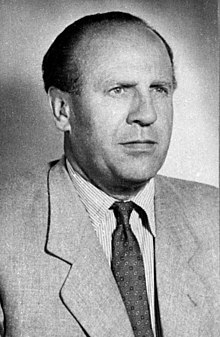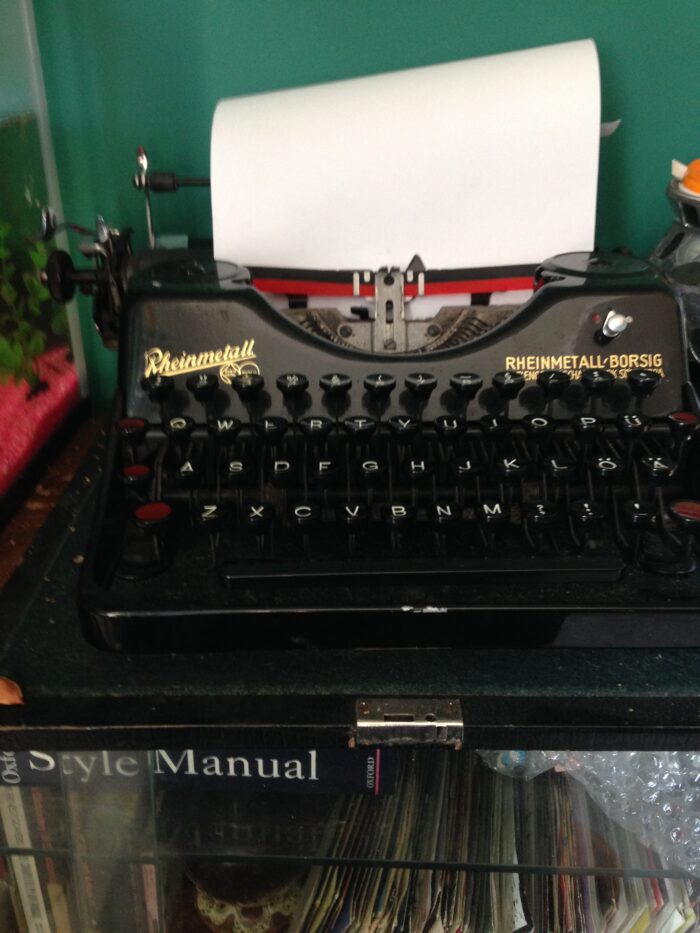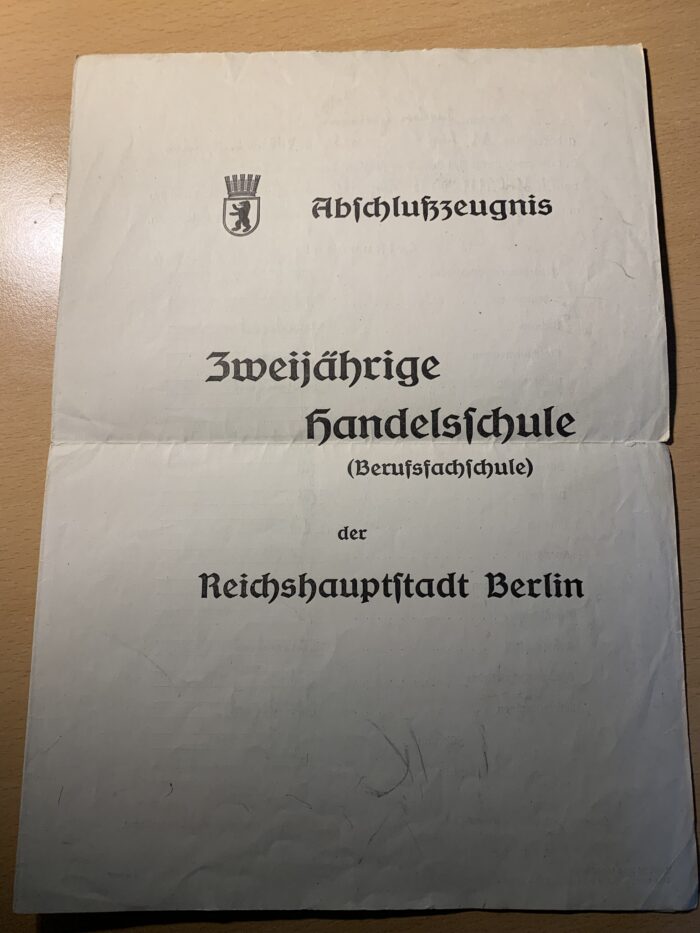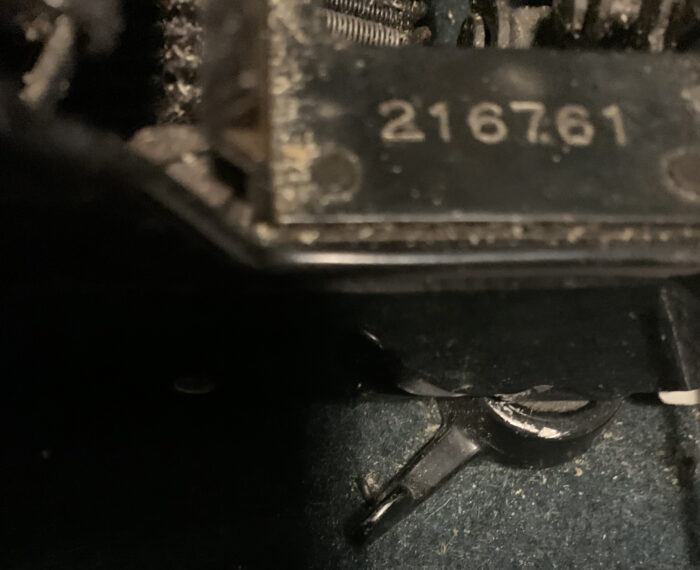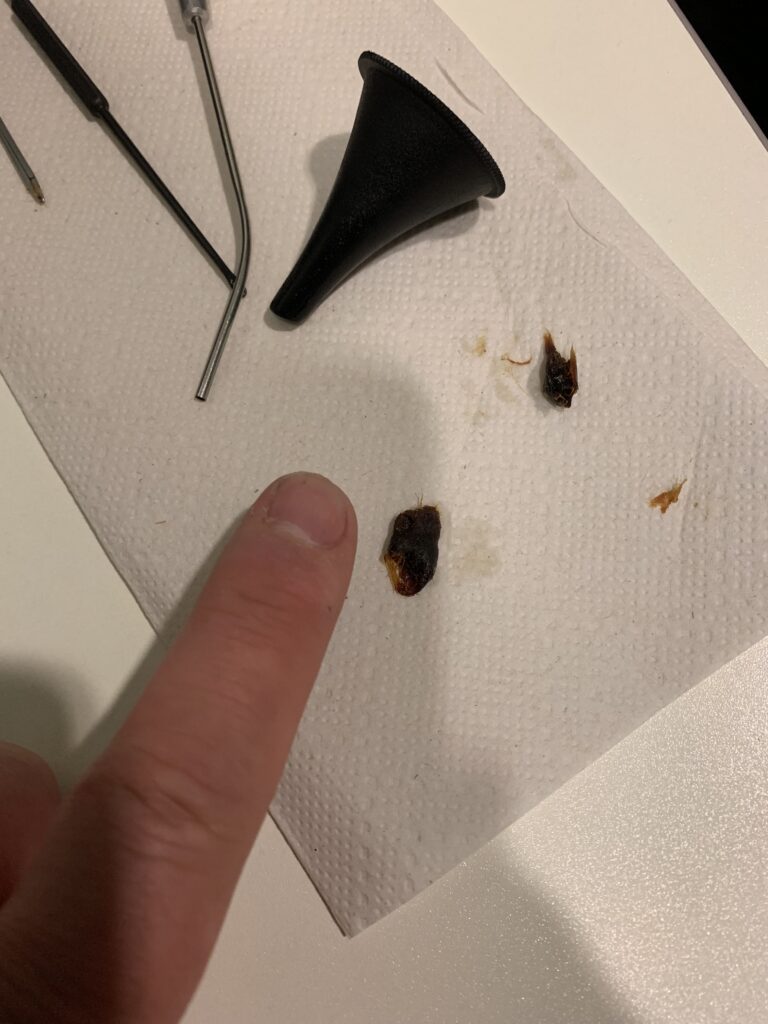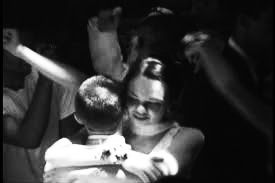
As my story All I Ever Wanted is about a lifelong and unrequited love affair, I thought I’d hop on the ‘marketing thinly disguised as insightful and self-deprecating list type blog’ bandwagon and write a little piece about the agony of unrequited love. For this piece, the spotlight – or disco ball – shines on what people of my age call ‘the disco’. The disco usually didn’t end well for me. With one or two memorable exceptions, that moment when the slow songs came on at the end of the night meant only one thing – time to go home. Despite being hopelessly and helplessly in love with a succession of largely oblivious girls, I hardly ever got into that golden clinch. Poor me.
While I was getting the coat and heading home forlornly on my own, the then-current object of my teenage obsession would, no doubt, be wrapped in the febrile embrace of a love rival, creating a spectacle that I simply would not want to watch. Tough times, those formative years. Character building, and while the highs of occasionally getting that sweaty, fragrant dance were very high, the lows of knowing someone else was in her arms were very, very low.
Here then are those tunes – those end-of-disco vibes – that still send me sliding into a state of nostalgic melancholy. My inability to read people and my lack of confidence were entirely my own doing back then and I was self-aware enough to know it. It still hurt. If I knew back then what I know now … Oh well, on to the songs.
Chicago – If You Leave Me Now
July 1976. The earliest song that I can remember having any romantic resonance. At the more uncomfortably fast end of the shuffling speed range, a firm favourite of school and home party DJs. Here’s the song.
10cc – The Things We Do For Love
December 1976. One of two 10cc songs in this list. Not so much of a smoocher because it’s another one that’s a bit too fast but definitely a lights-up, time for everyone go home-type of love song. Go home on your own, in my case. Here’s the song.
Bee Gees – How Deep Is Your Love?
September 1977. Well, what can you say about this absolute classic? From the Saturday Night Fever soundtrack and a disco fave. Smoochtastically popmungous and, I suspect, still a firm favourite of wedding DJs. Here’s the song.
Marvin Gaye – Let’s Get It On
June 1973. Entered the public psyche before I was old enough to appreciate it but, again, an enduring and popular end-of-disco track with a hot, simmering sexy-time vibe that was just another slap in the face for those of us leaving the venue alone again. Here’s the song.
Eric Clapton – Wonderful Tonight
May 1977. Despite Slowhand’s, erm, ‘old-fashioned’ views on race relations, you have to give him this one. No pyrotechnics and beautifully understated, it’s a song for mumbling along to into your beloved’s ear. Not that I’d know. Here’s the song.
The Moody Blues – Nights In White Satin
October 1967. Released way before the rest of this list but a perennial favourite of the spinners of discs. This meaningful/less and mystical song must be the starting point for millions of teenage romances. Here’s the song.
The Commodores – Still
September 1979. The smooth tones of The Commodores and Lionel Richie’s genius at crafting soulful ballads mean that this song is a must for this list. It’s a song about lost love and regret, and that love persists even after hearts are broken. Damn him! Here’s the song.
Will You? – Hazel O’Connor
May 1981. Released from the Breaking Glass soundtrack at the tail end of my teenage obsession era, this is another one of those brilliantly introspective internal monologue songs that just goes right to the emotional core of the pivotal moment at which a relationship moves one way or the other. And a sinuously sexy sax solo too. Here’s the song.
The Commodores – Three Times A Lady
June 1978. Three and a half minutes of perfect reflection on enduring love but also the ideal song with which to woo the lady of your dreams. If you’re lucky enough to get within arms’ reach and mumbling distance of her, that is. Here’s the song.
10cc – I’m Not In Love
May 1975. The grandaddy of them all. Six minutes of dreamy yet emphatic denial of the obvious that will resonate with the lovelorn every fricking time. Recorded at a time when creativity meant creating massive vocal harmonies using actual loops of tape and not just pinching a few seconds of someone else’s work like it is these days. And remember – be quiet, big boys don’t cry. Here’s the song.
If you have been affected by the issues in this piece … consider revisiting your lovelorn days by reading me book.

